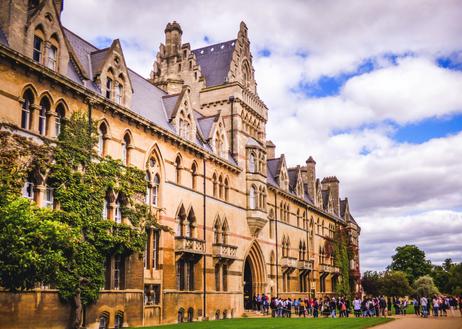As community colleges strive to bring their training in line with 21st-century workforce needs, more technology is coming to schools across the country. For example, Diverse Issues in Higher Education reports that Prince George’s Community College has added innovative technology to the school’s state-of-the-art nursing program. The school invested $43 million into a new Center for Health Studies in an effort to accommodate a growing population of STEM (science, technology, engineering, mathematics) students at the school.
Simulated mannequins are now used inside the center to teach nursing students the finer points of diagnosis and patient care. The nursing lab also boasts transparent mirrors where professors can observe students during diagnosis trials. Updated equipment, including sonography and surgical tools, are similar to those used at nearby hospital facilities in the Prince George area.
This video describes the STEM program at Holyoke Community College.
“Since nursing and health fields, in general, are among the fastest-growing jobs, we really wanted this building to help make room for more health science students,” Angela Anderson, dean of the division of Health Sciences at Prince George’s Community College, told Diverse Issues in Higher Education.
More Classes
Other community colleges across the country are adding to their class selection, thanks to more money in the budget for this academic year. The Press Democrat reports that the course catalog at Santa Rosa Junior College is getting























